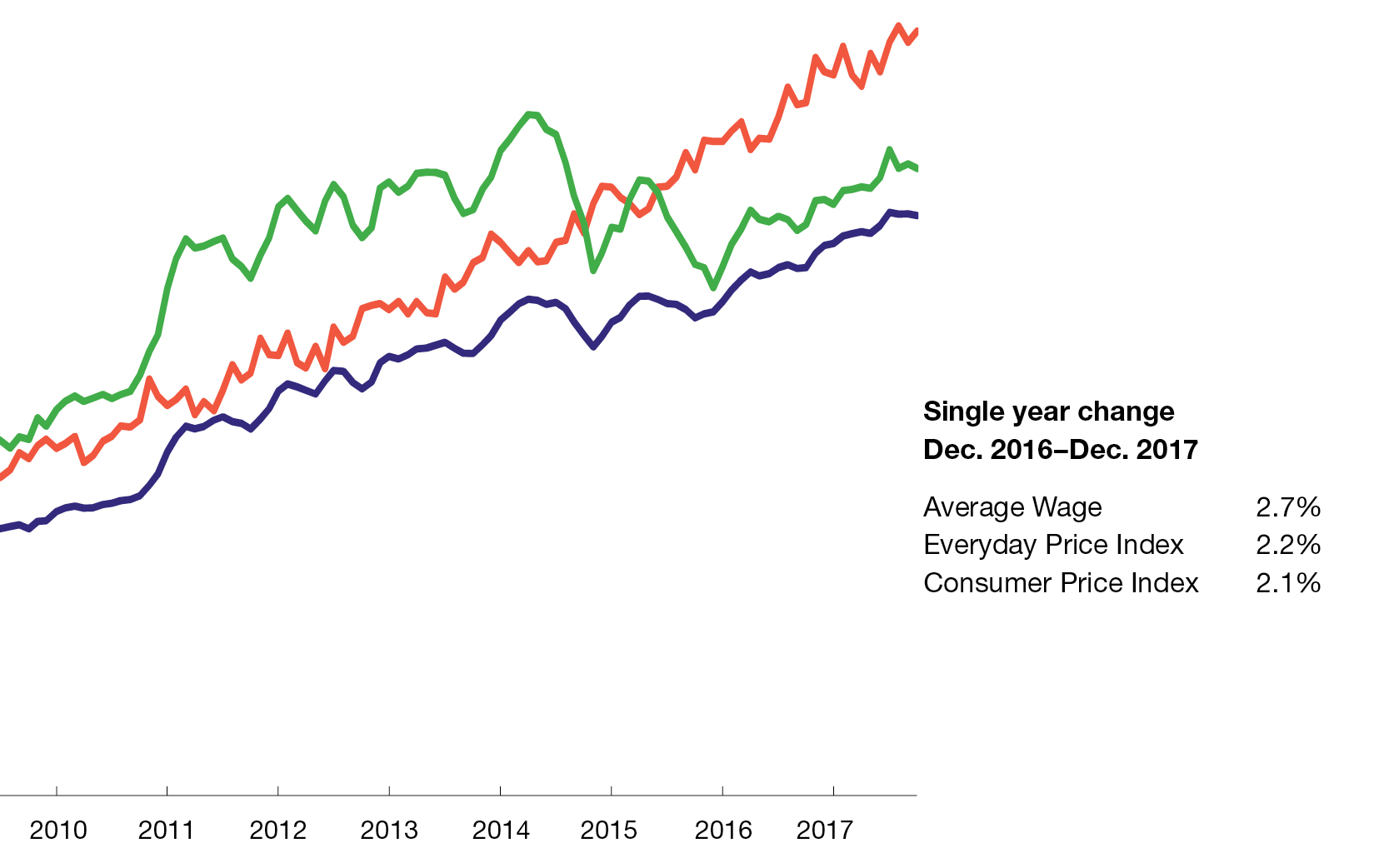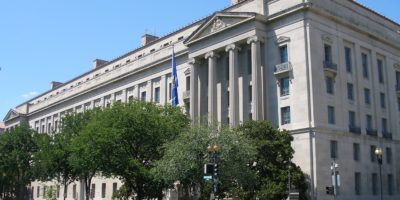Government Fuel-Economy Standards: A Big Mistake
In 1975, shortly after the Arab oil embargo (1973–74), Congress passed and President Gerald Ford signed legislation creating the Corporate Average Fuel Economy program. CAFE mandated an average minimum miles-per-gallon standard for fleets of cars and light trucks produced for sale in the United States. The initial rationale was to force Americans to economize on gasoline. One would expect rising prices in the face of the smaller supply to induce drivers to economize, but Americans were paying artificially low prices thanks to former President Richard Nixon’s price controls. Instead of scrapping price controls and having drivers pay the actual market price for gasoline, the politicians piled on a new regulation. Later, when price controls ended, oil became more plentiful, and prices fell, the rationale switched to climate change. It’s called mission creep.
The first average level for passenger-car fleets, 18 mpg, took effect in 1978. A year later, light trucks had to average 15.8 mpg for four-wheel-drive and 17.2 for two-wheel-drive vehicles. The standards have risen since, reaching, under President Barack Obama, 30.7 for cars and 25.5 for trucks. Just before leaving office, the Obama administration set the combined standard for 2025 models at 54.5 mpg. Automakers had earlier signed on to the administration’s plans but have since expressed opposition.
President Trump has criticized CAFE, and in March the new head of the Environmental Protection Agency, Scott Pruitt, announced a review, with a decision anticipated a year from now.
For the sake of individual liberty and sound economic policy, let’s hope CAFE is toast.
What could be wrong with fuel-economy standards? As already noted, if drivers have to pay the true market price of gasoline, they will tend to use less when the price rises (other things being equal) and carmakers will cater to the demand for fuel efficiency. That’s the law of supply and demand, which needs no help from government. CAFE is the politicians’ way to make you use less even when you find the price attractive.
But it doesn’t work. Observe: if your new car uses less gas to travel one mile, you can now drive more miles for the same price — which is what people have done. It’s called the “rebound effect.” As a result, gasoline consumption did not decline. The Wall Street Journal observed in 2007, “Since the 1990s, oil imports have increased; Americans use more gasoline than ever.” (The subsequent decline in imports was not brought on by CAFE standards.) In 2013 Valerie J. Karplus, a research scientist in MIT’s Joint Program on the Science and Policy of Global Change, found that “the new standards also encourage more driving, not less.”
So it doesn’t save gasoline, and it doesn’t reduce CO2 emissions.
Another problem is that more fuel-efficient vehicles tend to be smaller and lighter, and by the laws of physics smaller, lighter vehicles are more dangerous to drivers and passengers than less-fuel-efficient larger, heavier cars. The Journal noted, “There is a tradeoff between safety and efficiency. The National Academy of Sciences concluded that CAFE standards contributed to as many as 3,200 additional fatalities each year, because downsized cars are less safe in accidents.” Other studies drew similar conclusions. (Later, fuel efficiency was achieved through technological improvements as well as downsizing.)
There’s an additional lesson here. The term efficiency has meaning only in relation to a person’s objectives. CAFE advocates want us to be single-mindedly focused on using the least amount of fuel, as if we were running out. (If the price system is allowed to work for oil and everything else, this need not be a concern.) But regular people have objectives other than fuel economy, such as safety and comfort, which larger cars afford. If we can buy an increment of those things at a reasonable cost in additional fuel, many of us will happily make that exchange. We always face trade-offs. Why should politicians have the power to decide for us?
Finally, note that CAFE imposes a greater burden on lower-income people than it does on higher-income people. Indeed, the mandate is equivalent to a hidden regressive tax, enabling the politicians to escape the wrath of the taxpayers. Salim Furth and David Kruetzer of the Heritage Foundation estimate that CAFE has added at least $3,800 to the price of cars, and maybe much more. That obviously harms the poor (not to mention those of moderate income) more than the rich. Because of the higher price, people have to borrow more to buy a new car, increasing their interest payments, and those priced out of the market must stick with their older cars and face increasing maintenance expenses.
On all counts the CAFE program is a bad deal for Americans.






